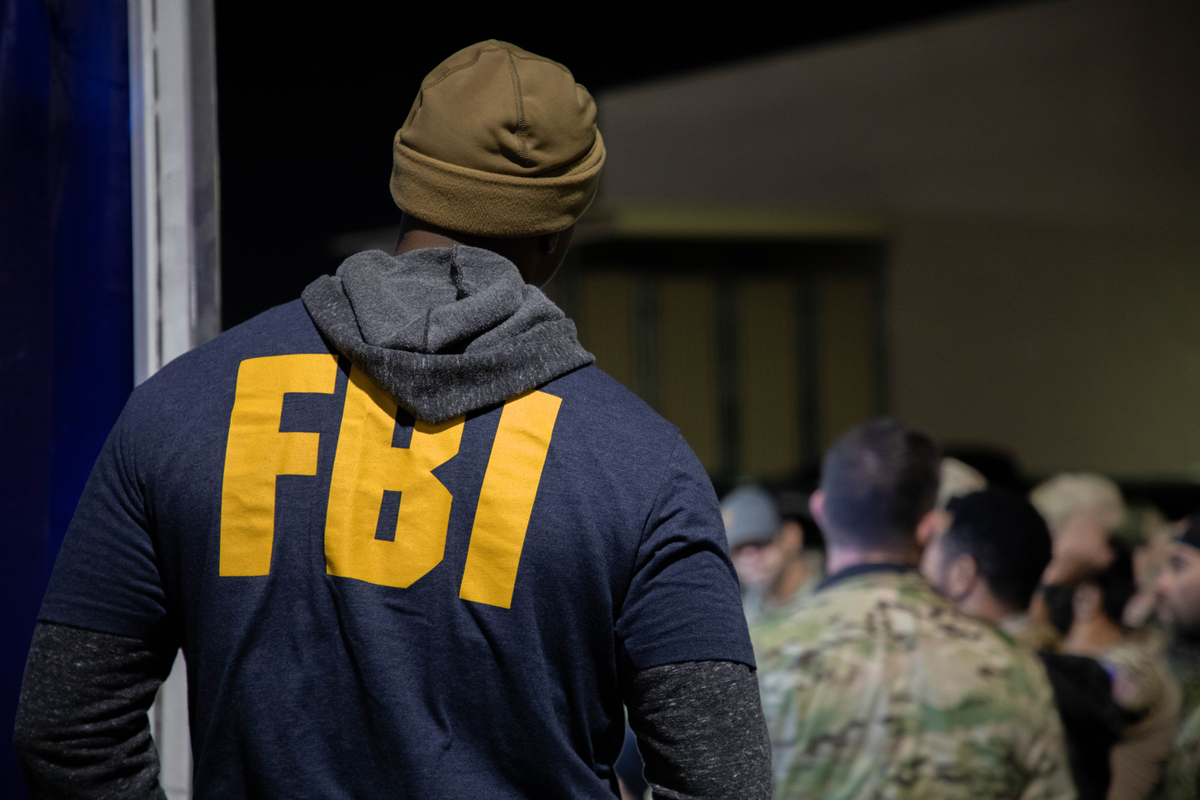 By Danny Fenster
ticklethewire.com
By Danny Fenster
ticklethewire.com
It was an IED that did it for Povas Miknaitis.
After an initial deployment to Iraq in 2008, he was later sent to Afghanistan as a Marine rifleman. In Afghanistan, an IED blast sent shrapnel flying; some hit his arm and abdomen; larger pieces struck his face, shattering his jaw and blowing his right ear clean off of his head.
“Part of my mouth was missing,” Miknaitis tells ticklethewire.com. “It just broke my jaw completely.”
It was in a hospital, recovering from the blast in 2009, that Miknaitis heard about an FBI training program for injured soldiers called Wounded Warriors. He began filling out paperwork and initiating the process of joining the bureau’s Wounded Warriors internship program. In 2011, when the program was launched, he landed a spot in a program that seems to be taking off.
So far, so good.
Of the 21 soldiers who have completed various internships, two have been hired full time; one as a clerk and another in IT. Another 43 are currently serving as interns, 78 are being processed and more are in line pending a funding evaluation, says FBI spokeswoman Amy Thoreson. Interns work in a variety of capacities, from logistics, intelligence, investigations to computer- and technology-focused jobs.
“Our goal is to give them working experience and the clearances they need,” to get back to work, says Thoreson. “We think this is a really wonderful program. It’s really helping people get their lives back.”
The San Diego field office, where Miknaitis interned, is among the few offices that are participating in the program. Others include the Washington Field Office, Sacramento, Charlotte and the FBI’s International Operations Division, Operational Technology Division, and Laboratory.
As expected, landing a spot with the FBI — even a temporary one — requires an intensive background check.
“This was not the same background check I went through for the military,” says Miknaitis. Agents called friends and family of his. “I had relatives calling me from Chicago asking if I was okay, saying the FBI had called asking questions about me,” he recollects.
Once Miknaitis was cleared, he began he began an internship researching cases for ongoing FBI investigations. “I was always interested in law enforcement,” he says, “and the internship program really let me learn a lot more about it. It got me employed while I was still recovering.”
Miknaitis still spends much of his time at a San Diego hospital. “It takes a while to go through the treatment, for the doctors to make sure they have done absolutely everything they can,” he says.
The program had its genesis in November of 2009, when president Barack Obama signed Executive Order 13518. That order focused on employing veterans in the federal government. The following July, president Obama signed Executive Order 13548, which focused on increasing the number of federal employee hires with disabilities.
As for Miknaitis, he’s grateful for the experience, but learned that the FBI might not be for him.
“I want to be able to go home and talk about my work,” he says, “not to have to say, ‘well, I really can’t talk about that honey, that’s classified information.”
After much physical therapy and plastic surgery, Miknaitis is doing well and poised to begin school in the fall, possibly for sports medicine, he says.
“I actually got pretty lucky,” he says. “If you saw my face and my body after the injury, you would not think I would have come out looking this good afterword.” He remains deaf in his right ear, but he and his doctors have spoken about cochlear implants in the future.
More than 47,000 soldiers have been injured in action in Iraq and Afghanistan, according to the group Iraq and Afghanistan Veterans of America.




